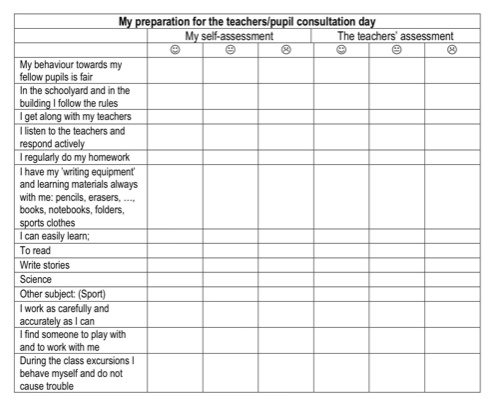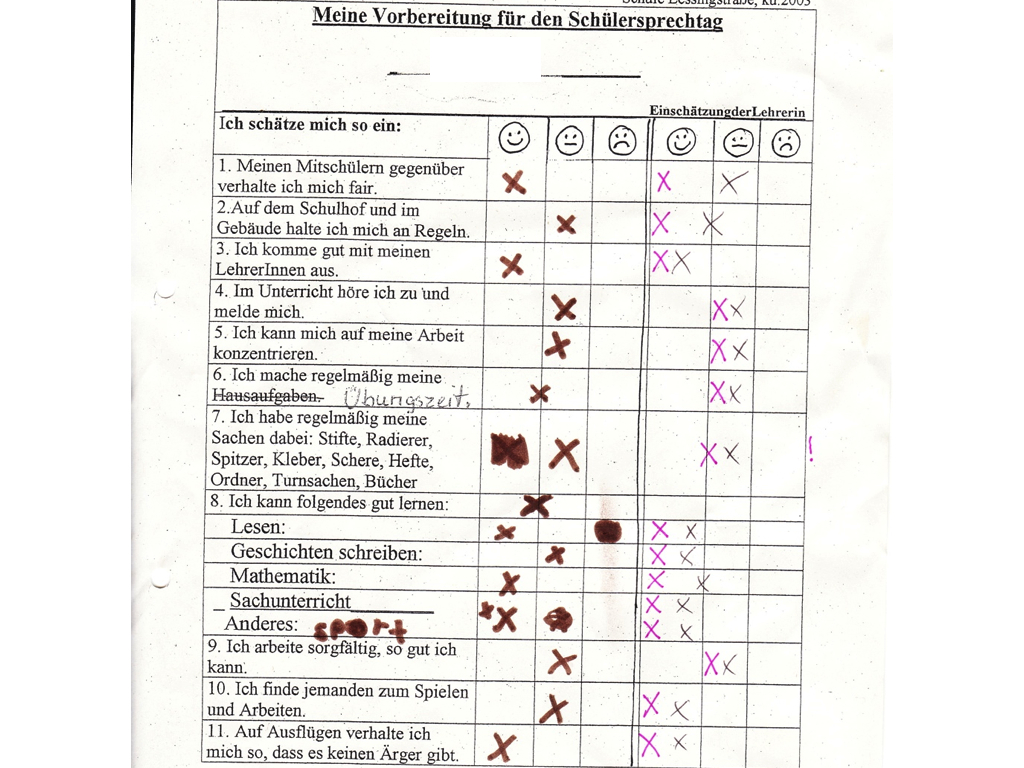I was going to – and still will – write a post celebrating Open Access Week. But it was somewhat ironic on the first day of the week to receive an evaluation report on a project we submitted under the so called valorisation strand of the Lifelong Learning Programme which focused on the use of social networking and social software to provide open access to the results of projects.
I don’t normally complain if an application is turned down – it is a competitive field and I am not convinced all our ideas are always so brilliant 🙂
But the feedback on this project was truly shocking. It was almost impossible to connect the feedback to the project – indeed I double checked the reference number in case they has sent the wrong review. So then the question is raised of why? And I think it is just because the reviewer does not get the idea of open access. In his or her view the job of a project is to assist the European Commission in managing ideas and project outputs – not to empower projects to develop their own networks.
Anyway (in the spirit of open access) here is a sample of what we write and what the reviewer said:
We said: “The dissemination & exploitation of programme and project results at European level are frequently designed in rather traditional models. The use of static content continues to be the main focus which in many cases reduces the impact that projects may have, both sectorally with user groups, but also with stakeholders & policy makers. This project will connect project leaders, partners & members of the European Commission with key networks & communities. The goal of Europe UNLOCK-Ed is to create an innovative & suitable framework for dissemination & exploitation of LLP project results through an Open Access to Knowledge approach. The project will develop an interactive framework using participatory media, supported by national training, online multimedia resources, an open Social Network Site (SNS) for online discussions and access to resources, synchronous online & face to face events & a handbook (electronic & hard copy) which will inspire a culture of open participation & sharing of knowledge. It aims to facilitate the development of adequate competencies & skills for LLP funded projects regarding the use of web 2.0 tools & raise awareness of Online Copyright & Intellectual Property Rights (IPR) which are issues which many projects struggle with. An e-guide on Online Copyright & IPR will also be developed & published on the project’s SNS for free distribution. The project will also provide an opportunity for existing projects to disseminate & exploit their own results through the open e-journal for the publication of European LLP project results which will be established. To summarise, this project is two-fold: it proposes to harness the latest web technologies to promote & develop effective techniques & methodologies for the transfer, dissemination & exploitation of results & it will also create learning opportunities as to capacity build & empower other projects to apply the same framework to their projects to ensure the greatest impact & sustainability.
Relevance
They say: (…) detail on the actual dissemination activities that are planned are lacking’
We said: Europe UNLOCK-Ed wants to create an open, interactive, user-generated online knowledge database on topics addressed by lifelong learning projects and programmes. A social network site linking key networks will be launched to promote peer participation & offer a diversity of learning opportunities through the use of multiple online environments & web 2.0 tools. An e-guide, related pedagogical training, multimedia resources including e-journal & online events will also derive from this approach.
It will also target the promotion of innovation in terms of dissemination & exploitation methods at a wider scale while bringing together members of the European Commission, the National Agencies and successful projects with an international audience in an open, interactive environment though the use of a multi-litearte approach which will include web seminars, web radio shows & podcasts. Furthermore, an e-journal for the publication of papers related with LLP projects is also part of the project’s goals (detailed information is then provided on each WP)
They say: The proposal (…) focus upon the use of a webportal.”
They say: Whilst a step in the right direction, there are some areas for improvement, including the issue of access to and acceptance by the target audiences (promoters, etc.)
We said: the project is called: Europe UNLOCK-Ed (Using Network Links to Openly Create Knowledge in Education)
The SNS will be based on Open Source software and will include different areas for peer participation. The site will be open to all visitors and participants willing to engage actively, and will be able to register for a free account. The SNS will also feature group areas and allow interaction in different languages.
Aim: To develop a hands-on training programme on the appropriate use of participatory media for dissemination & exploitation of project & programme results.
A handbook on the use of participatory media for innovative dissemination and exploitation of programmes and project results will be a direct output of the development of the training course carried. The handbook will compile relevant information and practices covered in the training course in the partners’ country languages. It will be published on the project’s SNS for free download.
The open e-Journal platform will be based on open-source software with advanced search facilities through the use of collaborative meta-tagging. It will be open to the wider community and feature international publications focusing on dissemination of results of European programmes and projects. When possible, the e-Journal will be featured in the Directory of Open Access Journals. It will also feature the LOCKSS box as to ensure the preservation of the e-Journal’s content in the long-term.
A WP consisting in exploring the thematic of Online Copyright and Intellectual Property Rights with the help of an expert in this area. An e-guide summarizing the main points concerning this issues will be the main output of this WP. It will be released in the SNS for open access and free use and distribution under a Creative Commons Licence.
A event focusing on the organization of a face to face event combining the celebration of the Open Access Day with the core purpose of the project. It will aim to encourage the effective use of participatory media for dissemination and exploitation of project results. The event seeks to promote the project, provide hands-on opportunities to learn about the use of web 2.0 , online copyright and IPR to create a culture of open knowledge and sharing at national level .
European Added Value
They Say: (…) focuses on past projects
We said: The project targets at the creation of a framework in the development of innovative strategies for the dissemination and exploitation of European project and programme supported by Erasmus, Leonardo and Grundtvig. It seeks to instigate an open, cooperative environment linking important network and communities together in an open forum for sharing of practice and co-construction of knowledge in relevant topics of different educational sectors.
The project will benefit projects across 3 of the LLP sub-programmes and so will celebrate a diversity of projects, from a diverse range of cultural and linguistic backgrounds. Projects in countries other than those represented in the consortium partnership will be able to access the online resources offered by this project, regardless of cultural and linguistic background.
They say: ‘The proposal needs to consider the responsibility for dissemination in terms of existing actors (project promoters, national agencies, EC)
We said: The project aims at building opportunities to engage and promote intercultural dialogue by linking key existing networks and communities together in an open forum for the dissemination and exploitation of lifelong learning projects and programme results.
(…)
Project will target Erasmus, Leonardo & Gruntvig projects & will link key existing national agencies & international networks & communities in a shared dialogue focusing on practice & research of thematics relevant to the LLP. It will seek to bring different levels of expertise together by connecting younger researchers and practitioners with senior peers across fields. Diverse asynchronous and real-time interaction opportunities will be created for participants to share their projects.
Projects built on networking strategy, to connect existing network & communities in an interactive open forum, where sharing practice & collaboration among projects will be enabled through social media. The project will make use of national agencies to link into existing projects offering them resources and training to give their projects a wider visibility especially at a policy level, ultimately supporting the achievement of wider impact and transference of project results on a larger scale.


